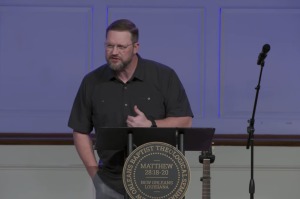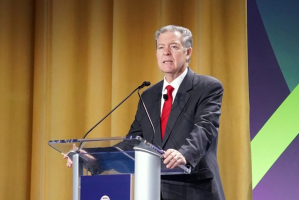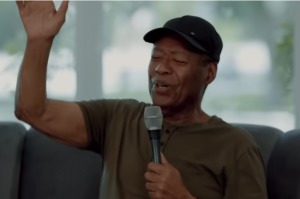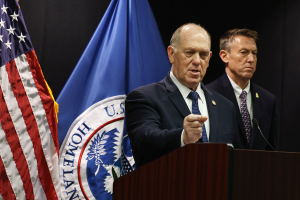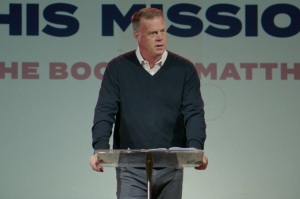Brazil: Judge blocks missionary's appointment to head indigenous tribes agency
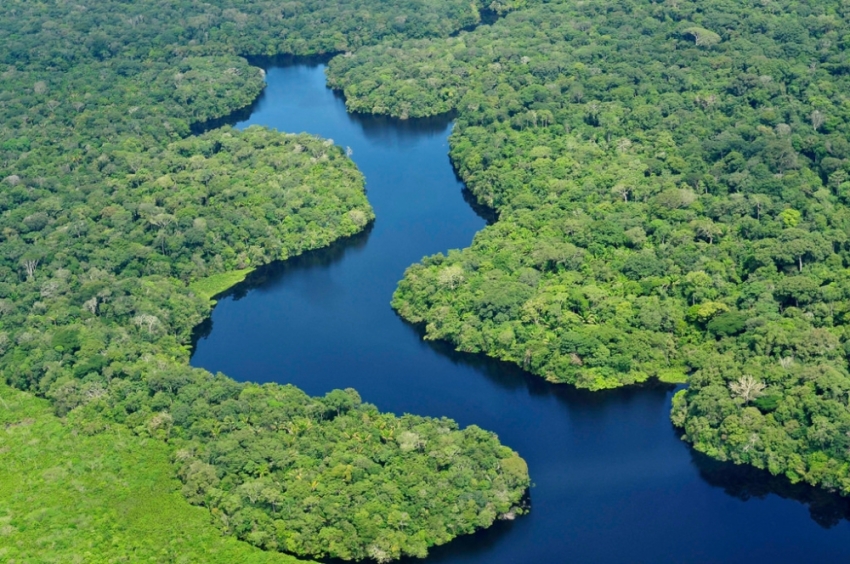
A judge in Brazil blocked the appointment of a former Christian missionary and pastor to head the country’s federal indigenous affairs agency after concerns were raised by advocacy groups that oppose evangelical outreaches to tribes in the Amazon.
On May 22, a federal regional court judge struck down the appointment of Ricardo Lopes Dias to head the Uncontacted Indians’ Unit of the Indigenous Affairs Agency.
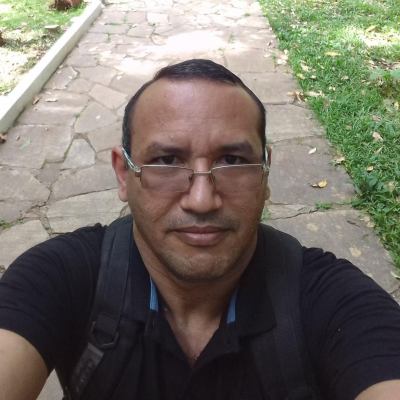
Dias spent over 10 years with the evangelical mission-sending agency New Tribes Mission, which is now Ethnos360. The group’s missionaries have engaged in efforts to contact unreached people groups and tribes deep in the Amazonian rainforest and elsewhere across the globe.
In February, Dias was appointed by the Bolsonaro government to head the agency, a selection that drew the ire of uncontacted tribal advocacy groups, such as Survival International.
Survival International staunchly opposes evangelical activities in the Amazon, claiming that past attempts by missionaries to contact tribal groups have brought death and disease to those communities because their bodies lack immunity to common illnesses.
In February, federal prosecutors filed a motion in court to reverse Dias' appointment. They argued that it constituted a conflict of interest and could risk "genocide and ethnocide" if the appointment leads to a reversal of Brazilian policy banning forced contact with uncontacted groups.
In his ruling, Judge Antonio Souza Prudente agreed that Dias’ appointment and connection to New Tribes Mission was a “clear conflict of interest” and would put Brazil’s policy of no forced contact with uncontacted tribal groups in jeopardy. The policy has been in place since 1988.
According to a statement from the regional attorney’s office, the judge argued that Dias had already taken steps that violate the rights of indigenous groups.
"Historically, missionaries have sought to promote contact with isolated and recently contacted indigenous peoples to evangelize them, which goes against a consolidated policy in Brazil," the judge wrote in the ruling.
According to the regional attorney’s office, the judge also ruled that the position that Dias was nominated for is instructed to “implement a non-assimilationist and non-integrationist policy.”
Survival International described last Friday’s ruling as a “major blow to President Bolsonaro,” a Catholic who gained support from conservative evangelicals and has called for indigenous reserves to be reduced in a way that opens land for commercial mining.
Survival International compared Dias’ appointment to “putting the fox in charge of the hen house.”
“Evangelical missionaries have re-doubled their efforts to contact uncontacted tribes under President Bolsonaro, who is pushing legislation to open up their lands to commercial exploitation, and has strong evangelical support,” the group said in a statement.
Dias previously said in an interview with the O Globo newspaper that he didn’t plan to use his new position to evangelize indigenous people. He also said that opposition to his appointment is a form of religious discrimination.
In April, the Union of Indigenous Peoples of Vale do Javari won a court ruling to ban missionaries from Vale do Javari indigenous territory, which is said to have the highest concentration of uncontacted tribes in the world.
The ruling came amid reports that Christian missionaries were planning missions to reach isolated tribes by air despite the ongoing coronavirus pandemic.
According to The Telegraph, in April the judge ordered government agencies to forcibly remove all evangelical missionaries from the Vale do Javari.
“The indigenous peoples of the Javari Valley knew that putting a missionary in charge of the Uncontacted Indians’ unit was harmful, and hope this decision won’t be appealed,” said Beto Marubo of Univaja in a statement.
He further argued in his decision that Dias' appointment is “nothing more than a plan to please evangelical fundamentalists who make up the government’s base."
Across the globe, some Christian mission agencies have received criticism for their willingness to sponsor missionaries who attempt to reach uncontacted tribes. Missionaries who attempt to evangelize to uncontacted tribal groups are trying to answer Jesus’ command to make disciples in all nations.
In November 2018, there was much media scrutiny after American missionary John Chau was killed trying to contact a highly isolated tribe on North Sentinel Island in the Bay of Bengal.
Follow Samuel Smith on Twitter: @IamSamSmith
or Facebook: SamuelSmithCP















